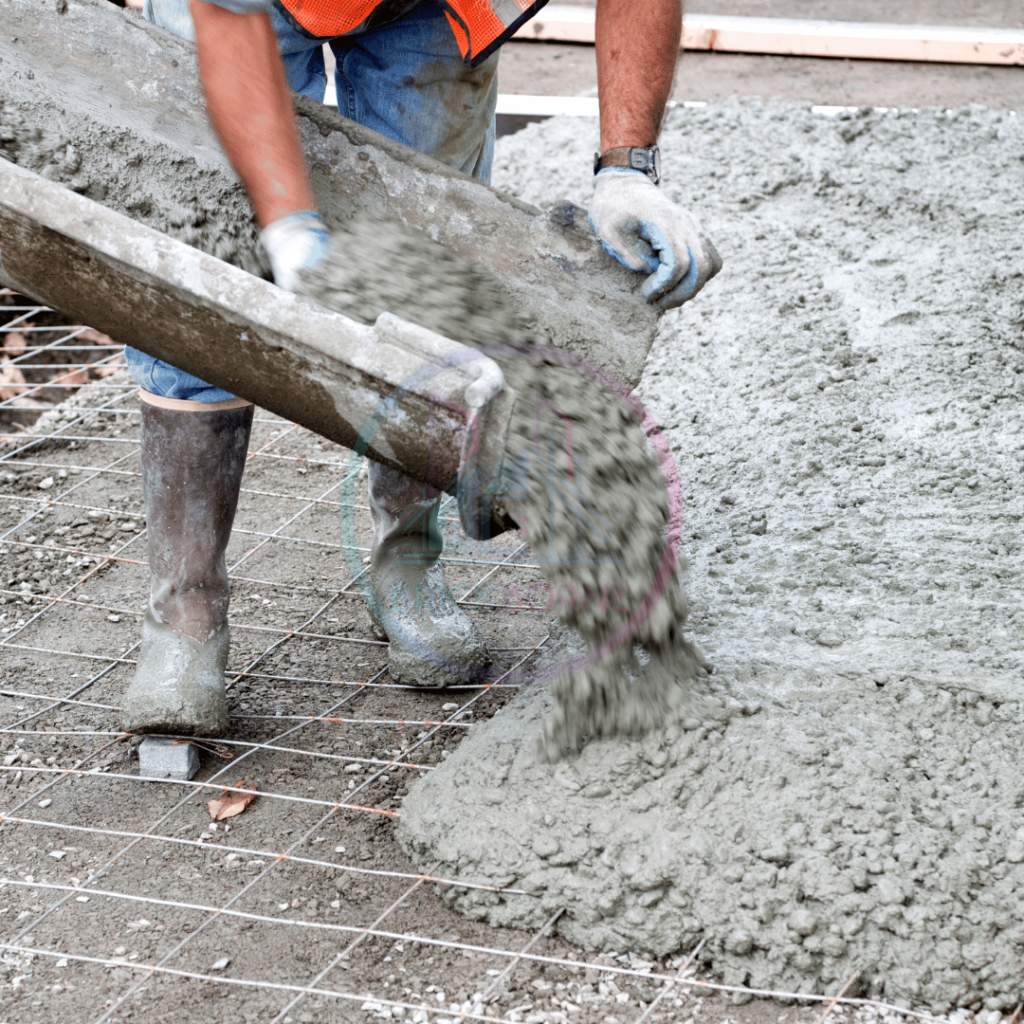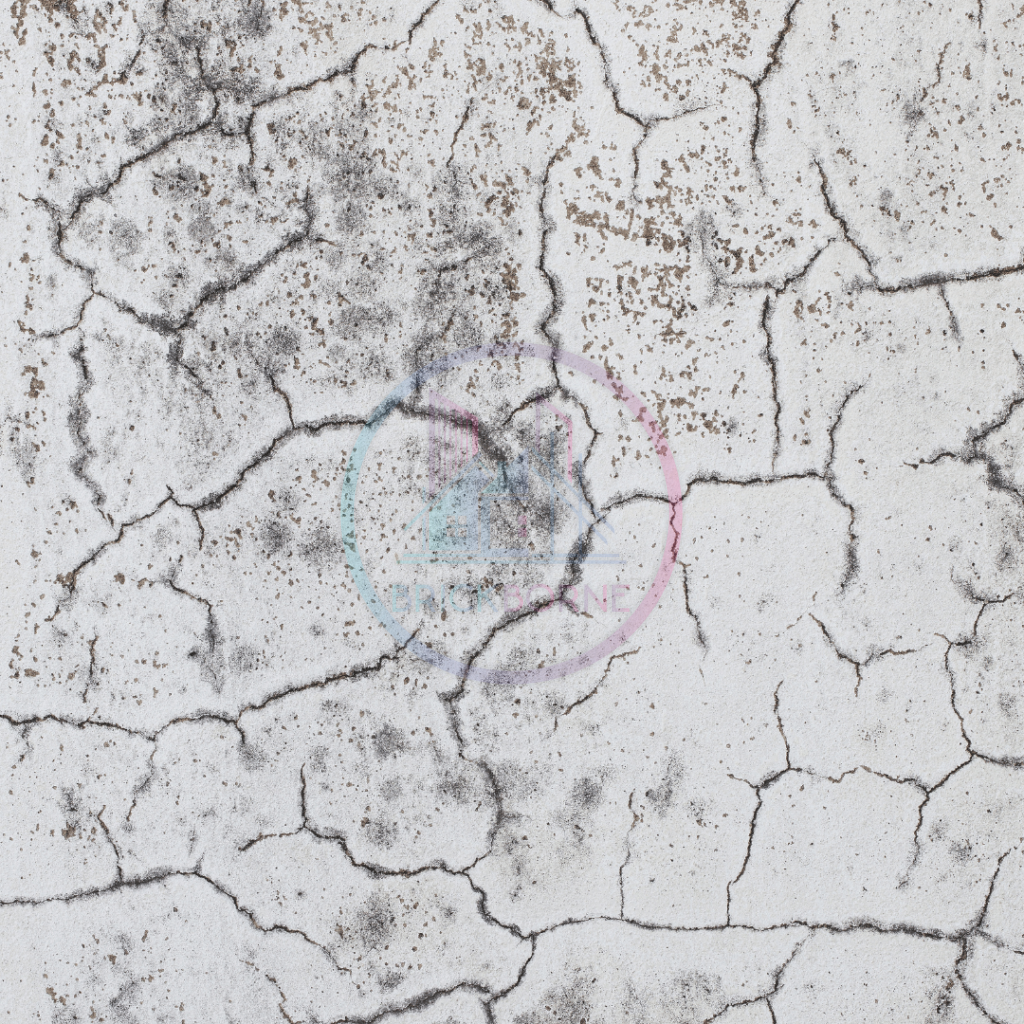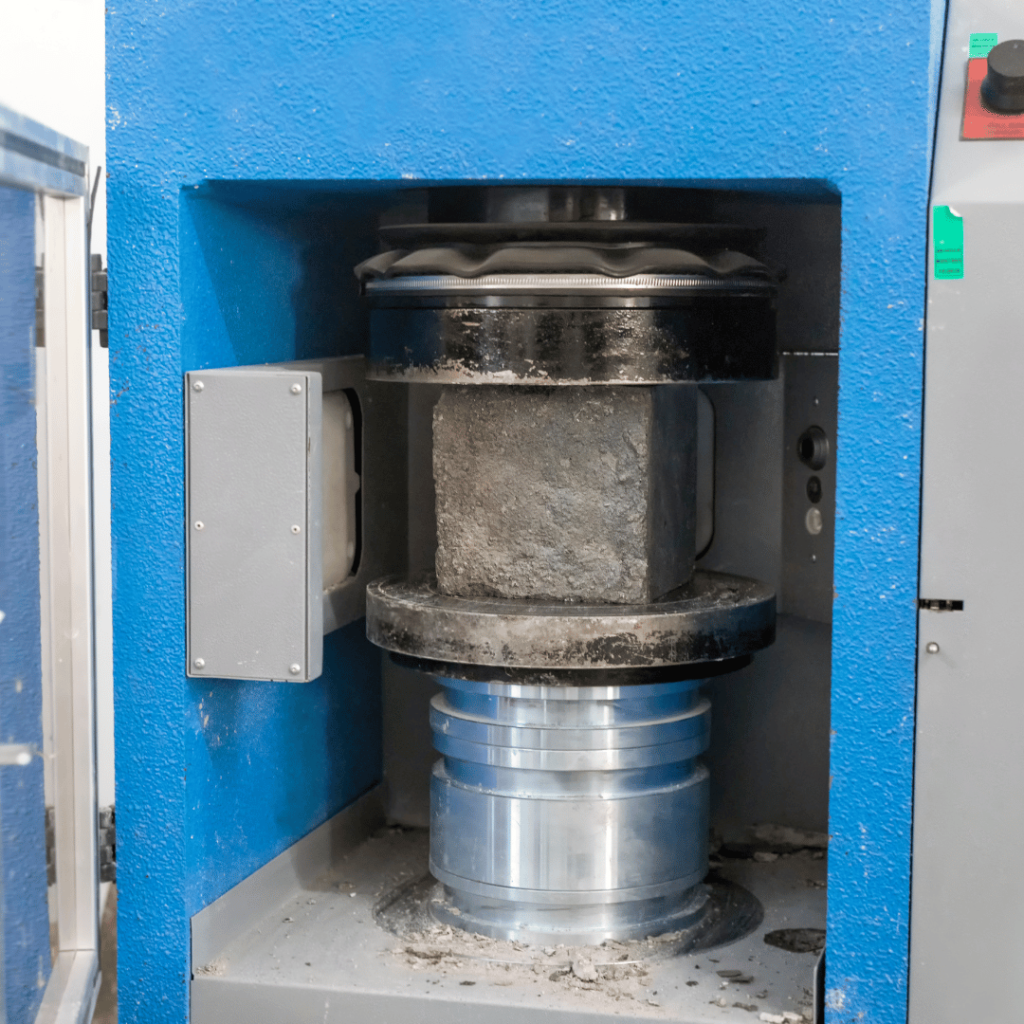Concrete is an extensively utilized building material renowned for its robustness, resilience and enduring nature. Attaining the desired characteristics of hinges, on the regulation of the ratio between water and cement during the mixing procedure. Regrettably introducing an amount of water to the mixture, a standard error in construction practices can result in various detrimental consequences on the outcome. In this article, we will explore the impacts of excessive water, in concrete and how it can compromise the structural strength of buildings and infrastructure.
Reduced Compressive Strength
Water addition to the concrete impacts its compressive strength. The water-to-cement ratio plays a very crucial role in the reaction that binds the cement particles together. Moreover, when there is an excess of water in the mixture, it causes the cement particles to spread out more weakening the bond and creating air voids. Consequently, the concretes ability to withstand compression diminishes affecting its capacity to bear loads and making it susceptible, to cracks and failures.

Increased Permeability
The ability of anything to allow water, gases etc. to pass through its pores. When the water quantity increases from a certain amount, it makes the concrete permeable. This permeability negatively impacts the reinforcement, ultimately reducing the structural stability.

Delay in Setting Time
When excessive water is added to the concrete, the setting time is increased. The excessive water retards the hydration process of cement which results in the delaying of construction activities.

Increased Shrinkage and Cracking
A natural phenomenon that occurs when concrete cures and dries. Excessive water creates even more issues. During evaporation, concrete shrinks. If water is more, shrinkage will be more, thus cracks develop.

Reduced Durability
The durability of concrete is important for its perfection. When water is excessive, factors such as freeze and thaw, exposure to chemicals and abrasion increase. Thus, resulting in creating cracks and spalls.
Surface Defects
Excessive water rises to the surface of poured concrete. Hence, it causes bleeding. Bleeding results in a rough surface and makes the surface aesthetically displeasing.
Decreased Abrasion Resistance
The reinforced concrete road is made to withstand heavy weights of machinery, containers etc. When the water limit in concrete is exceeded, it results in excessive wear and tear. Hence, the friction needed for the vehicle is reduced.
Difficulty in Finishing
When the water in concrete is excessive, the workability of concrete changes, ultimately, it becomes difficult to get proper finishing. Excessive water results in honeycomb, forming old joints, and irregularities among others.
Reduced Bond Strength
Bond strength is important when we need to repair concrete, between fresh and existing concrete. When water is excessive the surface level of concrete forms a weak interface that distrubs bonding between old and fresh concrete. The decrease in bond strength leads to delamination, spalling etc.
Conclusion
To sum up excessive water, in concrete has effects that greatly impact the performance, durability and appearance of the structure. These effects include reduced strength, increased permeability, difficulties in finishing and a higher risk of cracking. It is evident that maintaining the water-to-cement ratio is crucial, for ensuring the long-term integrity of constructions. By following mixing practices and being aware of the risks associated with water usage builders and contractors can create concrete structures that are stronger more durable, visually appealing and stand the test of time. Additionally, this approach helps minimize maintenance costs and reduces impact.
If you want to read about pervious concrete, click here.





